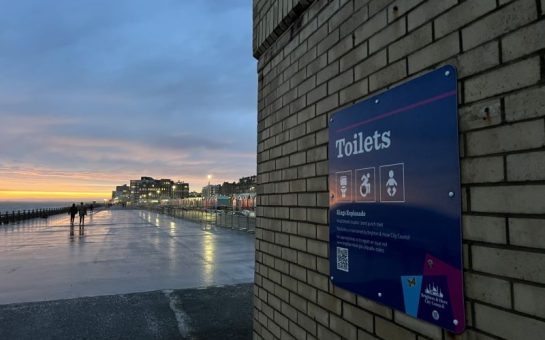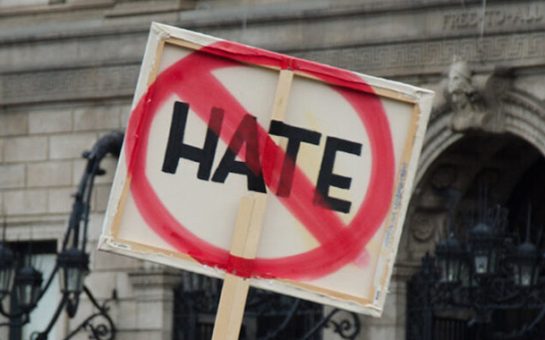With Monday marking ‘Freedom Day’, there were a lot of people who couldn’t wait to ditch the mask, rave in a nightclub and return to the theatre.
However, for one in five people, the lifting of all restrictions in England has led to Covid-19 Anxiety Syndrome, causing them to struggle to return to normal living.
In a survey carried out by Kingston University in partnership with London South Bank University (LSBU), its findings reveal that getting to grips with this ‘new normal’ is extremely difficult for those affected by Covid-19 Anxiety Syndrome.
Covid-19 Anxiety Syndrome was originally identified in April 2020 by Ana Nikčević, Professor of Psychology at Kingston University’s Faculty of Business and Social Sciences, and Professor Marcantonio Spada from LSBU’s Centre for Addictive Behaviours.
They collaborated with Professor Ian Albery from LSBU’s Centre for Addictive Behaviours Research for this latest study, which involved 945 people from the UK and was carried out at the end of June after the government’s new Freedom Day date was changed from 21st June to 19th July.
What is Covid-19 Anxiety Syndrome?
The National Centre for Biotechnology Information (NCBI) defines it as those suffering from pandemic-related psychological distress who tend to exhibit elevated levels of post-traumatic stress, general stress, anxiety, health anxiety, and suicidality which may last well beyond the course of the pandemic.
Professor Spada said: “Fear is normal. You and I are supposed to fear the virus because it’s dangerous.
“The difference, however, in terms of developing a psychopathological response is whether you end up behaving in overly safe ways that lock you into the fear.
“My expectation is we’re going to have chunks of the population that are avoiding re-engagement and constantly worrying about the virus for months to come, whether they are vaccinated or not.”
In England, people have now been living with coronavirus for nearly 18 months and have adjusted their lives to keep themselves and others safe.
The vast majority have been working from home, juggling childcare and have sacrificed their social lives.
Distance has been kept, grandparents have not hugged their grandchildren, and school children have not been learning in the classroom, but via computers.
The disruptions have been enormous as has the death toll.
Yet, now as daily Covid cases reach nearly 50,000 – up 43% in the last seven days – the public have to take their safety into their own hands and for many, coping like this is overwhelming.
During the first lockdown in spring 2020, people’s anxiety levels went through the roof with the fear of contracting the virus and being trapped inside their homes.
After two more lockdowns of the same and watching the number of deaths pass 100,000, methods of coping have been tested and Covid-19 Anxiety Syndrome is more present.
The data from the survey shows that:
- One in five people scored highly on the Covid-19 Anxiety Syndrome scale.
- 40% strongly reported avoiding touching things in public spaces because of a fear of contracting the virus.
- 30% strongly reported avoiding public transport because of a fear of contracting the virus.
- 23% strongly reported avoiding going out to public places because of a fear of the virus.
- 25% strongly reported paying close attention to others displaying possible symptoms of the virus.
Professor Nikčević said: “Our research suggests that a significant minority continues to be avoidant and highly focused on the threat of infection, which will make return to normal daily living difficult.
“They will need to be supported to return to normality.”
Professor Spada added that it is vital that people affected by Covid-19 Anxiety Syndrome receive support and mapping out how to do this will become a priority for the already-stretched mental health service providers.
You can read more about Covid-19 Anxiety Syndrome here.




